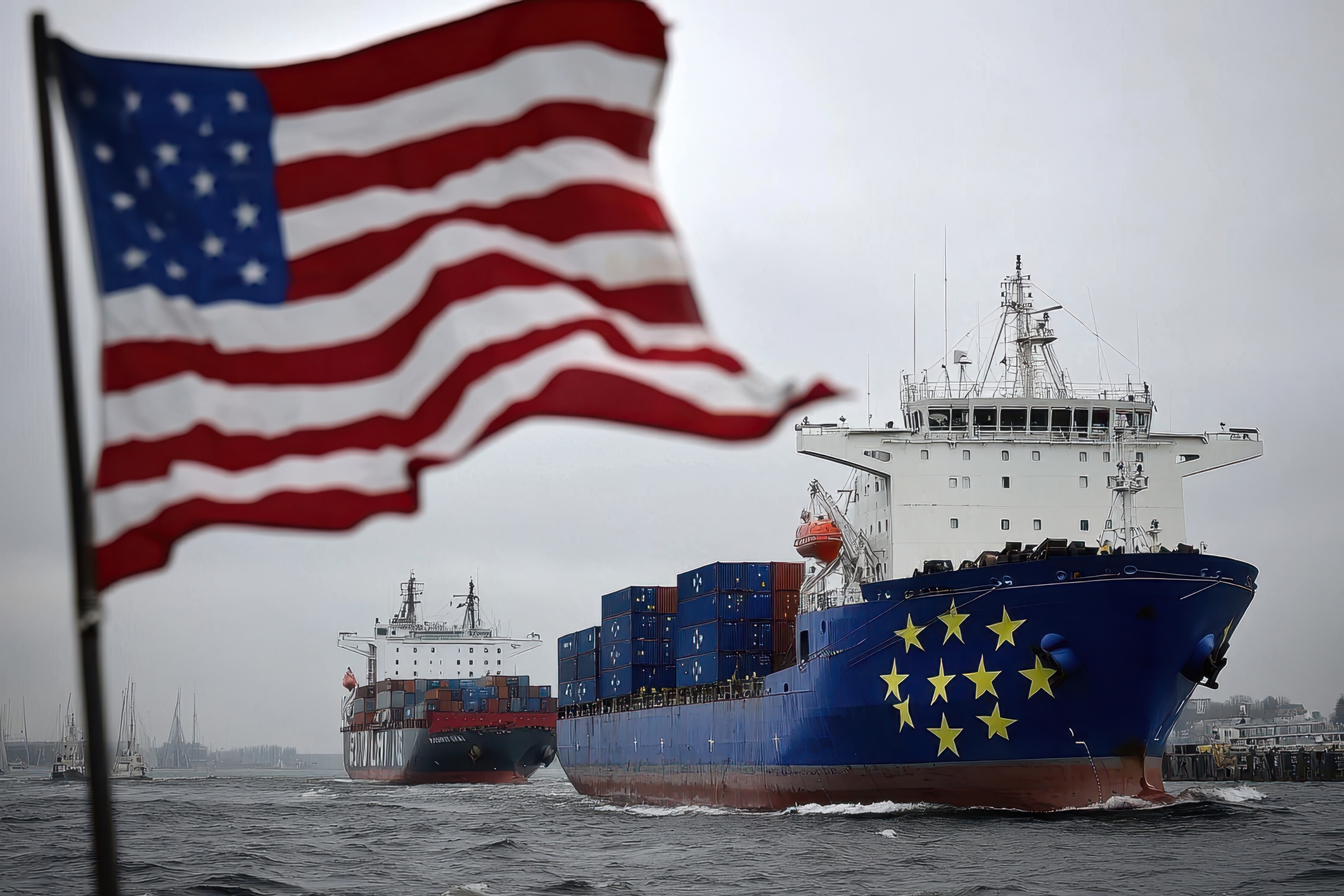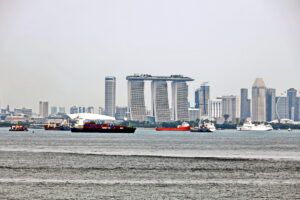The United States on Friday threatened to use visa restrictions, commercial penalties, additional port fees on ships owned, operated, or flagged by countries supporting the framework and sanctions on officials “sponsoring activist-driven climate policies,” to retaliate against nations that back IMO’s proposed carbon tax that aims to reduce global greenhouse gas emissions from the international shipping sector. The envisaged measures include potentially blocking vessels registered in those countries from U.S. ports.
IMO members are scheduled to vote this week on the Net-Zero Framework proposal, which seeks to curtail carbon dioxide gas emissions globally.
In a joint statement on Friday, Secretary of State Marco Rubio, Secretary of Energy Chris Wright, and Secretary of Transportation Sean Duffy expressed strong opposition to a global tax regime that levies, as they said, “punitive and regressive financial penalties.”
The administration argued they “unequivocally reject” the proposal and warned they “will fight hard to protect our economic interests by imposing costs on countries if they support the NZF,” US officials said on Friday. “Our fellow IMO members should be on notice,” they highlighted.
The US is considering retaliation against nations that support the plan, the US officials said in the statement.
Officials warned they could impose visa restrictions including an increase in fees and processing, mandatory re-interview requirements and/or revisions of quotas for C-1/D maritime crew member visas; commercial penalties stemming from U.S. government contracts including new commercial ships, liquified natural gas terminals and infrastructure, and/or other financial penalties on ships flagged under nations in favor of the NZF; and additional port fees on ships owned, operated, or flagged by countries supporting the framework.
They also threatened they will pursue investigations and consider potential regulations to combat anti-competitive practices from certain flagged countries and potentially block vessels registered in those countries from U.S. ports. They will also evaluate, among other measures under consideration, sanctions on officials sponsoring activist-driven climate policies that would burden American consumers.
“The Administration unequivocally rejects this proposal before the IMO and will not tolerate any action that increases costs for our citizens, energy providers, shipping companies and their customers, or tourists. The economic impacts from this measure could be disastrous, with some estimates forecasting global shipping costs increasing as much as 10% or more. We ask you to join us in rejecting adoption of the NZF at the October meeting and to work together on our collective economic and energy security,” Secretary of State Marco Rubio, Secretary of Energy Chris Wright, and Secretary of Transportation Sean Duffy said in the joint statement.
They firmly stated that the administration will not support any policy that unduly or unfairly burdens the United States or harms the interests of the American people.
“The NZF proposal poses significant risks to the global economy and subjects not just Americans, but all IMO member states to an unsanctioned global tax regime that levies punitive and regressive financial penalties, which could be avoided,” they added.



